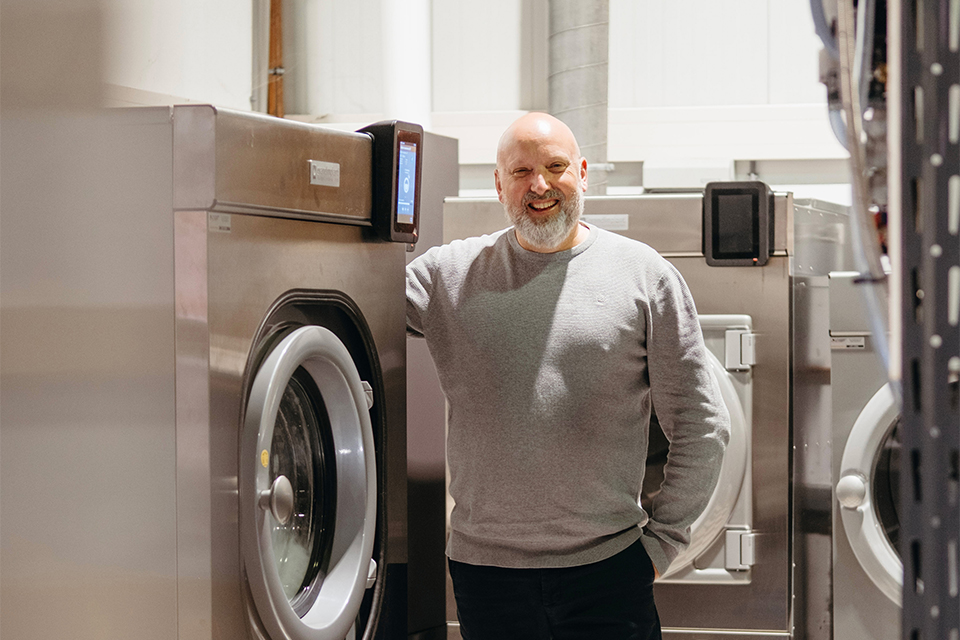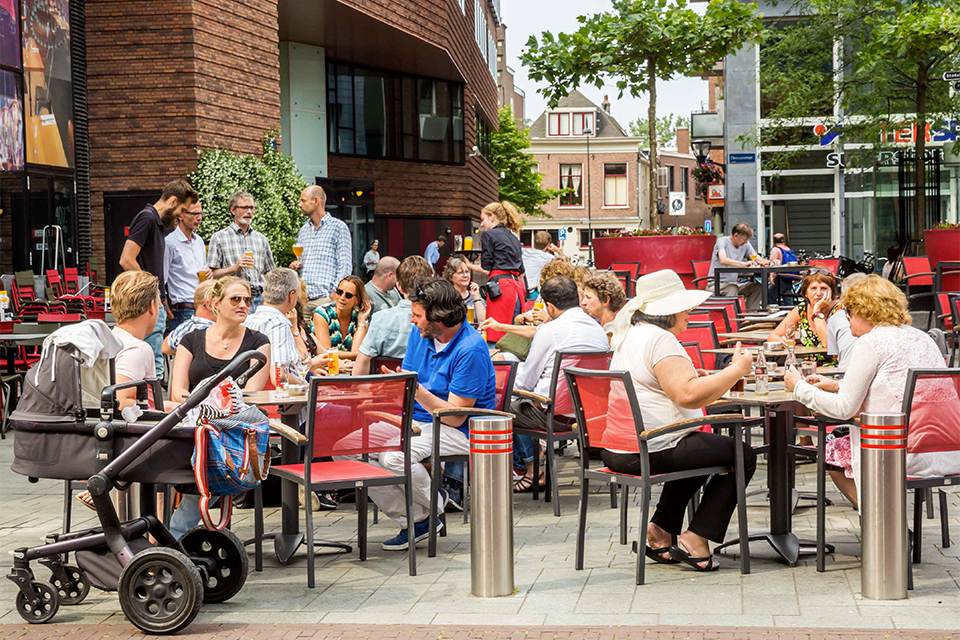
'Calling for 16 euro minimum wage really too easy'
Recently, one political party tumbled over the other to argue for further increases in the minimum wage. Sounds sympathetic, but ultimately consumers feel it in the price of their cappuccino. Unfortunately, that realisation does not seem to be sinking in. Reason for KHN director Dirk Beljaarts to do a reality check.
It cannot have escaped anyone's notice: the election campaign has started. Political parties are competing with each other for voter favour. This is not only very transparent, but can also be dangerous. GreenLeft-PVDA, for instance, stated in early September that they would raise the minimum wage Increase to 16 euros per hour If they come to power.
This week, at the presentation of their election programme, ChristenUnie added a scoop: 18 euros an hour! We should not forget how hard the minimum wage ís already rising. On 1 January 2023, for instance - contrary to the cabinet's earlier promise - by 10.15 per cent all at once.
"It is really too easy to argue for a minimum wage of 16 or 18 euros an hour without examining whether the industries can cope with it."
Wanting is not enough, it must also be possible
I will stay away from the discussion of whether this increase is necessary for workers on the minimum wage. After all, everyone should have a fair income. From Koninklijke Horeca Nederland, we believe that you should earn well as a hospitality worker. That you should be able to make ends meet and that within your hospitality career you can continue to learn for life. But wanting is not enough, you also have to be able to do it.
You regulate the level of wages in the sector with the social partners together, but the minimum wage is imposed unilaterally, without checking whether the sector can bear it. If the cost of labour or other input costs rise faster than what consumers are willing to pay, there is a big danger there. For the sector and therefore for employment.
Margins are under pressure
Margins in many an industry, but especially in the hospitality industry, are already under pressure. Hospitality entrepreneurs make daily calculations and considerations about what the price of a 'cup of coffee' should or should not be. A mandated increase in the minimum wage puts even more pressure on those margins than is already the case. Again, it sounds sympathetic, but entrepreneurs have to pass on costs in the selling price. So such a big increase will have a big impact on selling prices. If this makes your favourite cappuccino (significantly) more expensive, does it still sound as sympathetic?
Labour in the Netherlands is expensive
It is really too easy to argue for a minimum wage of 16 or 18 euros an hour without investigating whether the industries can cope with this. Labour is simply expensive in the Netherlands (due to taxes and premiums). As a government, you can also reduce labour taxes or social contributions. That is a way for employees to receive a higher hourly wage and for entrepreneurs to make healthy margins. After all, many a political party says that work should pay.
But should work pay only for employees or also for entrepreneurs? A question I would like to see answered. Because calling for a higher minimum wage to win votes at election time is really too easy. In consultation with the sectors, look at what can be done so that you work towards sustainable income growth for everyone.
Heeft u vragen over dit artikel, project of product?
Neem dan rechtstreeks contact op met The entrepreneur.
 Contact opnemen
Contact opnemen
Heeft u vragen over dit artikel, project of product?
Neem dan rechtstreeks contact op met Royal Dutch Catering Association.
 Contact opnemen
Contact opnemen



